Projects
Adaptive Education
To the project browser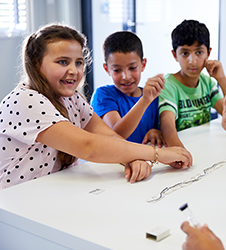
MultiDynAssess-India
The project designs, implements, and evaluates multilingual dynamic assessment (DA) in Indian primary government schools where English is taught in a context characterised by high sociolinguistic diversity and widespread code-mixing practices. It investigates how multilingual versus English-only DA affects Grade 4 students’ language and content learning over time, drawing on classroom observations and a longitudinal comparison with traditional static assessment in schools in New Delhi and Guwahati. By aligning assessment with learners’ full linguistic repertoires, the project aims to promote equity in education and offers implications for multilingual assessment practices in India and other linguistically diverse contexts in the Global South.

ELF int.
The project ELF int. aims to analyze the procedure for estimating length with a view to accuracy in an international comparison.
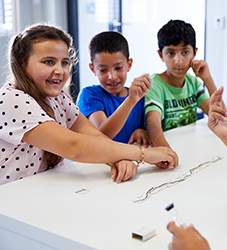
MaLeLiOS
The MaLeLiOS project aims to investigate how narratively designed mathematical learning situations encourage children to engage in mathematical conversations and thus enable them to listen and observe on the one hand and to talk about mathematics and mathematical activities on the other.

Stereo-Disk
The project analyses the significance of stereotypes for the quality of support-related diagnostics in the inclusive school context and develops support formats that reduce their influence.
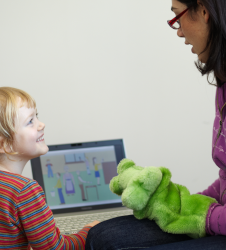
SelKi
Self-regulation is an important prerequisite and a good predictor of later school performance, social-emotional development and mental health. However, there is no psychometrically validated test battery for measuring self-regulation in German-speaking countries. The aim of the project is therefore to develop, psychometrically test and standardise such a test battery.

ScriVo
The ScriVo (lat. scribere and lat. vocali) project investigates whether there is a relationship between the auditory discrimination skills of primary school children with German as a second language for long and short vowels in German and their written language skills, in particular when writing elongation graphs (to mark long vowels) and double consonants (after short vowels).

PIVOTAL
As neuroscientific knowledge about brain function accumulates, it becomes increasingly important to derive a set of overarching general principles about how the human brain works. One promising approach is the concept of predictive coding, which posits that the brain functions like a prediction machine; internal models in the brain predict future states against which incoming […]
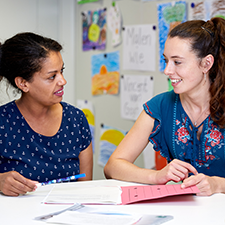
NO BIAS
The project aims to investigate the accuracy of judgement of trainee and experienced teachers. In particular, it focuses on the influence of stereotypes. Process data will be used to investigate teachers’ information processing and the influence of stereotypes on it, and to develop approaches to reduce the influence of stereotypes on judgements.

InSel
The InSel project is investigating how well teachers can recognise internalising symptoms in their students. In addition, a psychoeducational intervention for teachers regarding internalising behavioural problems in students is being developed and tested.
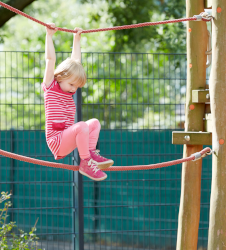
FePrax
The FePrax project examines diagnostic assessment and counselling practices in the areas of learning, language, emotional-social development, intellectual development and autism in five German states.